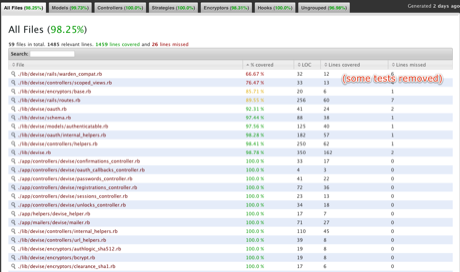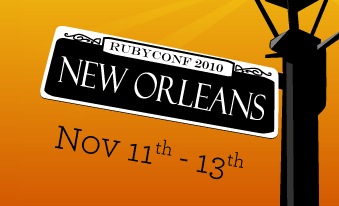By Peter Cooper / August 18, 2010
Yuki (Yugui) Sonoda has just announced the release of the stable version of Ruby 1.9.2!
Ruby 1.9.2 passes 99% of RubySpec and, if you haven’t already given it a go, offers worthwhile performance increases over Ruby 1.9.1 and significant performance improvements over the 1.8.x series.
Intriguingly, Ruby 1.9.2 is only considered to have full, verified support on Debian Linux on 32 bit Intel architectures, with support for OS X 10.5 and 10.6, FreeBSD, Windows, and Solaris considered “best effort.” Linux distributions other than Debian are listed in the lower “perhaps” category for support, so running your own tests is more essential than ever before moving to 1.9.2 in production. Read More











